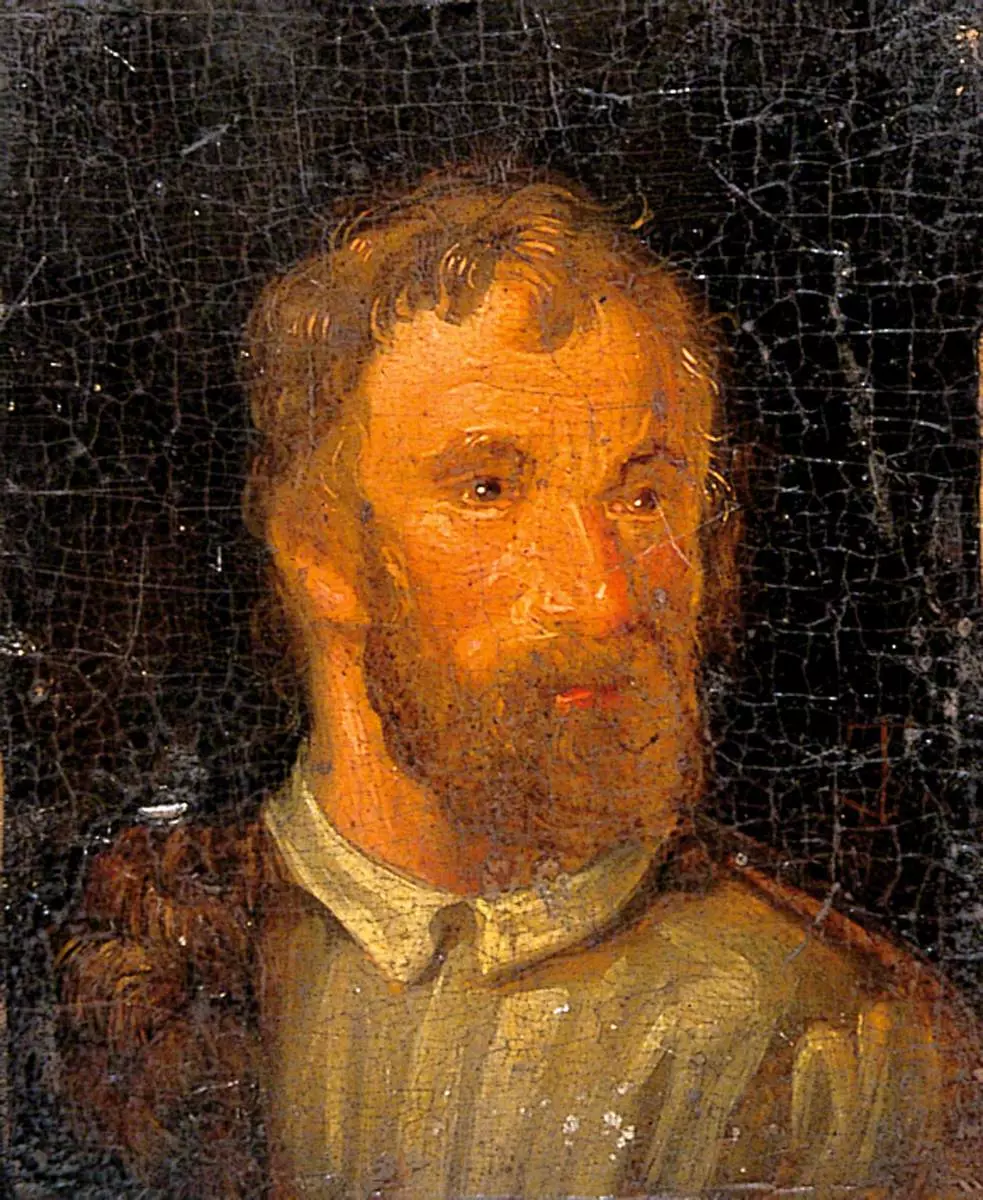- cross-posted to:
- tech@lemmit.online
- cross-posted to:
- tech@lemmit.online
The research team, led by NHS Blood and Transplant (NHSBT) scientists in South Gloucestershire and supported by the University of Bristol, found a blood group called MAL.
They identified the genetic background of the previously known AnWj blood group antigen, which was discovered in 1972 but unknown until now after this world-first test was developed.
This is a horribly written article about an exciting discovery.
Essentially, they’ve discovered that some humans don’t actually have the AnWj antigen, where it was assumed that all humans had some antigen configuration. And they’ve found a way to test for the missing antigens.
So… I’m a dumbass. What’s the benefit of the antigens or lack thereof? Are there types of diseases that are more prevalent with or without these things?
The article didn’t really go into any details as to how or why this will result in saving lives. Just that they can test for it.
Give someone blood with antigens when they don’t have antigens and things go badly. Now they can test for non-antigen blood and ensure they give the correct blood and save their life.
Antigens are molecules that bind with antibodies - which is to say that they are things which trigger immune responses. In human blood, antigens are protein markers which are part of red blood cells.
Blood antigens are important because giving a patient blood which contains antigens that their antibodies react to will cause the immune system to attack the donor blood as if it were bacteria or another foreign invader. If you receive a liter of blood that your antibodies react to, your immune system will destroy the foreign blood (so you still need blood) and also your kidneys will start to fail because they’re being overwhelmed with a liter of dead blood cells all at once.
Most people are familiar with A/B/O +/-, but the reality is far more complicated. Hundreds of different protein markers have been identified in human blood. Not all of them are clinically relevant in the sense that they can cause rejection, and not all of them have easy identification tests. The more precise and thorough the antigen testing can be, the less likely that a blood transfusion will accidentally kill a patient.
I’m not sure about this antigen in particular but from the ab0 group 0 (lack of a and b) protects to a certain degree from malaria.
When i was doing my rotation at a lab i found out about the bombay blood type. Its not a traditioanal blood type. If you gave someone with bombay blood o blood even they would have a reaction.
Hey there. From one dumbass to another, i believe antigens help protect against mutation of the genetic code.
These antigens are mainly significant in regards to blood transfusions.
People generally don’t create antibodies against antigens that they have on their own cells.
If someone receives blood containing an antigen that isn’t present on their own cells, and their body has already created antibodies against this “foregin” antigen, this can cause a hemolytic transfusion reaction (the transfused blood cells will rupture in the recipient), which can be fatal.
so is it some sort of type of super type O negative?
Most people are familiar with A, B, O, and Rh red cell antigens, as they are the most significant. Completely separate from this “blood group system” there are many other potentially antigenic molecules present on the red cell membrane.
No but in a sense yes. Im to lazy and on mobile to link but most of the time those with bombay blood have to donate their own blood
Didn’t they discover a whole bunch of different sub-groups a few years back?
From 2022:
https://www.nhsbt.nhs.uk/news/nhs-scientists-discover-new-blood-group-system/
“Most people are familiar with the two main blood group systems, which are the ABO system, and the Rh- system. However there are many more blood group systems, with varying risks of a reaction. Er is the 44th blood group system to be discovered.”
Not surprising since the BBC won’t tell the truth on veganism and transgender people.
Will this upend Japanese culture?
No, still the same type they use but the stuff they didn’t use just changed.
… I’m going back to reddit where at least the mods of /r/science kept the memes out
Can’t wait for the Boomers to come out and say:
THIS ISN’T WHAT WE LEARNED IN SCHOOL; THEY’RE REWRITING SCIENCE
The citation of interest:
Deletions in the MAL gene result in loss of Mal protein, defining the rare inherited AnWj-negative blood group phenotype https://doi.org/10.1182/blood.2024025099
Key Points
The inherited AnWj-negative blood group phenotype is caused by homozygosity for a deletion in MAL, encoding Myelin and lymphocyte protein Mal protein is expressed on red blood cell membranes of AnWj-positive, but not AnWj-negative, individualsThe genetic background of the high prevalence red blood cell antigen AnWj has remained unresolved since its identification in 1972, despite reported associations with both CD44 and Smyd1 histone methyltransferase. Development of anti-AnWj, which may be clinically significant, is usually due to transient suppression of antigen expression, but a small number of individuals with persistent, autosomally-recessive inherited AnWj-negative phenotype have been reported. Whole exome sequencing of individuals with the rare inherited AnWj-negative phenotype revealed no shared mutations in CD44H or SMYD1, but instead we discovered homozygosity for the same large exonic deletion in MAL, which was confirmed in additional unrelated AnWj-negative individuals. MAL encodes an integral multi-pass membrane proteolipid, Myelin and Lymphocyte protein (Mal), which has been reported to have essential roles in cell transport and membrane stability. AnWj-positive individuals were shown to express full-length Mal on their red cell membranes, which was not present on the membranes of AnWj-negative individuals, whether of an inherited or suppression background. Furthermore, binding of anti-AnWj was able to inhibit binding of anti-Mal to AnWj-positive red cells, demonstrating the antibodies bind to the same molecule. Over-expression of Mal in an erythroid cell-line resulted in expression of AnWj antigen, regardless of the presence or absence of CD44, demonstrating that Mal is both necessary and sufficient for AnWj expression. Our data resolve the genetic background of the inherited AnWj-negative phenotype, forming the basis of a new blood group system, further reducing the number of remaining unsolved blood group antigens.








